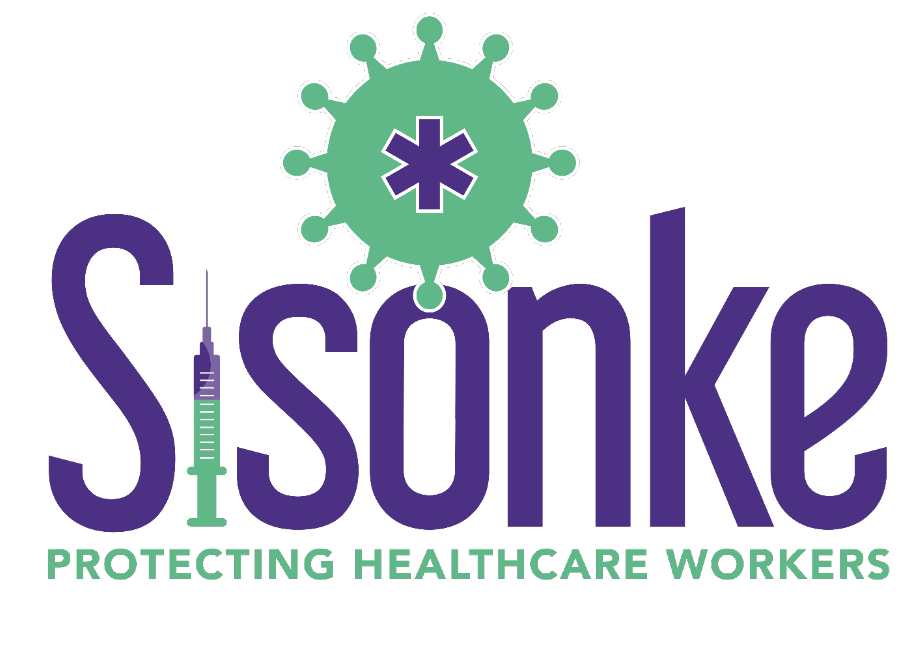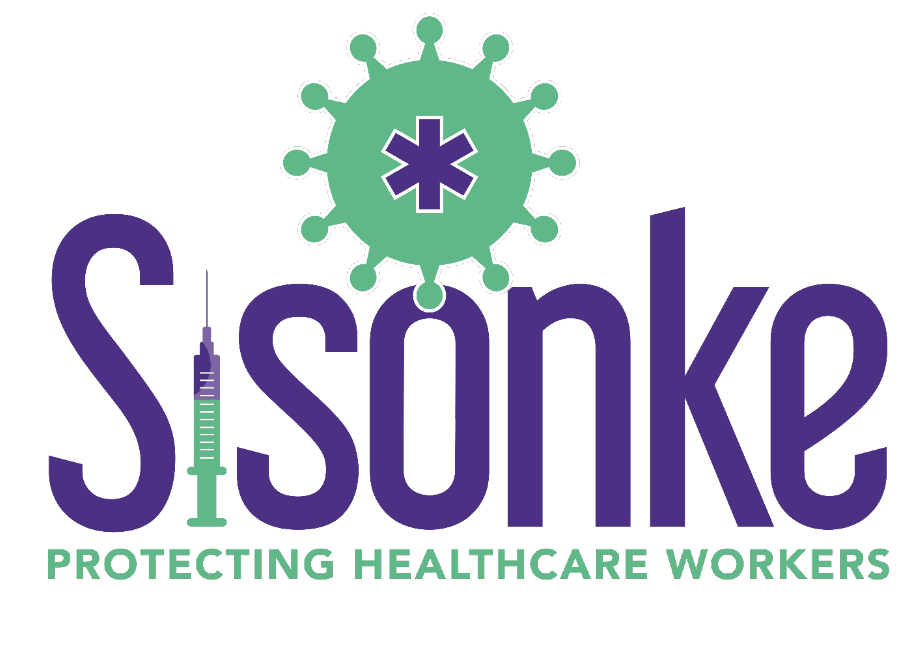Sisonke Phase 3 b study temporarily paused until US FDA reviews 6 cases of rare clotting disorder in vaccine recipients
 Cape Town | We note with concern that the United States FDA and CDC have decided to pause rollout of their JnJ vaccine following reports of an extremely rare clotting condition in six people after administration of 6.8 million doses of vaccine. We wish to reassure health workers who have received the JnJ vaccine as part of the Sisonke Phase 3b study that we have not seen any cases of clotting associated with low platelet counts, central venous thrombosis or disseminated intravascular coagulation (DIC) among the 289 787 people who have received the vaccine as of end of Monday 12 April. We have nonetheless taken the decision to temporarily pause the Sisonke Phase 3b study until further information is available.
Cape Town | We note with concern that the United States FDA and CDC have decided to pause rollout of their JnJ vaccine following reports of an extremely rare clotting condition in six people after administration of 6.8 million doses of vaccine. We wish to reassure health workers who have received the JnJ vaccine as part of the Sisonke Phase 3b study that we have not seen any cases of clotting associated with low platelet counts, central venous thrombosis or disseminated intravascular coagulation (DIC) among the 289 787 people who have received the vaccine as of end of Monday 12 April. We have nonetheless taken the decision to temporarily pause the Sisonke Phase 3b study until further information is available.
Update on safety: To date 2.2% of healthcare workers who received the JnJ vaccine as part of the Sisonke study reported side-effects or an adverse health event following vaccination. Only 134 people were referred for further evaluation at an emergency room or hospital. Most of these events have been minor, local or systemic reactions. One person experienced a severe allergic reaction that met the international diagnostic criteria for anaphylaxis but has since made a swift and complete recovery.
Thromboembolic events: We have noted some thromboembolic events (clotting events where the clot breaks off and travels to another part of the body to block a blood vessel) but none of these have been associated with the features described in clinical syndrome of thrombosis in the presence of thrombocytopaenia (low platelet counts). The events reported internationally include cerebral venous sinus thrombosis, thrombocytopenia and in some cases widespread bleeding thought to be mediated through the creation of antibodies to platelet factor IV. Thrombo-embolic events have been reported rarely following administration of several COVID-19 vaccines. It is important to note that thromboembolic events are a common complication of COVID-19 infection, are associated with other commonly used medications including contraception, and with comorbidities such as obesity, diabetes and cardiovascular disease as well as smoking.
Decision to temporarily pause the Sisonke Phase 3b study: The Sisonke investigators, in discussion with Johnson & Johnson, SAHPRA, the Minister of Health and the Director General, have collectively decided to temporarily pause the study out of an abundance of caution until further information is made available by the US FDA. We understand that this may cause alarm among people who have already received the vaccine, and anxiety about COVID-19 vaccines in general. We wish to reassure health workers and the public that safety is our number one priority, and that this has guided our decision to pause the study temporarily. We note that temporary pauses in COVID-19 vaccine rollouts are not uncommon, have already occurred for other COVID-19 vaccines, and that they can generally be reversed once all safety data has been carefully scrutinised. COVID-19 continues to pose a great threat to the lives and livelihoods of our people, and vaccines provide one of the most effective solutions as we attempt to mitigate an end to the pandemic.
Advice for people who have received the vaccine: Cases of the rare clotting syndrome have occurred within the first three weeks of vaccination. If you received your vaccine more than three weeks ago and have no symptoms, you are not at increased risk of a thromboembolic event related to vaccines. If you have recently been vaccinated, and develop any of the following symptoms, we advise that you seek care urgently, advise your doctor that you have recently been vaccinated and ask them to contact the Sisonke desk on 0800 014 956. Symptoms that should prompt you to seek care are: breathlessness; pain in the chest or stomach; swelling or coldness in a leg, severe headache or blurred vision after vaccination; persistent bleeding; multiple small bruises, reddish or purplish spots, or blood blisters under the skin. Doctors managing these patients are advised to make immediate contact with the Sisonke desk and avoid heparin until a diagnosis has been established.
NOTE TO THE EDITOR:
About the Sisonke Study:
The Sisonke study is a collaboration between the National Department of Health, South African Medical Research Council, Desmond Tutu Health Foundation, CAPRISA, Janssen and Johnson & Johnson. This open label, single-arm Phase 3b vaccine clinical trial of the investigational single-dose Janssen COVID-19 vaccine candidate aims to monitor the effectiveness of the investigational single-dose Janssen vaccine candidate at preventing severe COVID-19, hospitalizations and deaths among healthcare workers as compared to the general unvaccinated population in South Africa.

